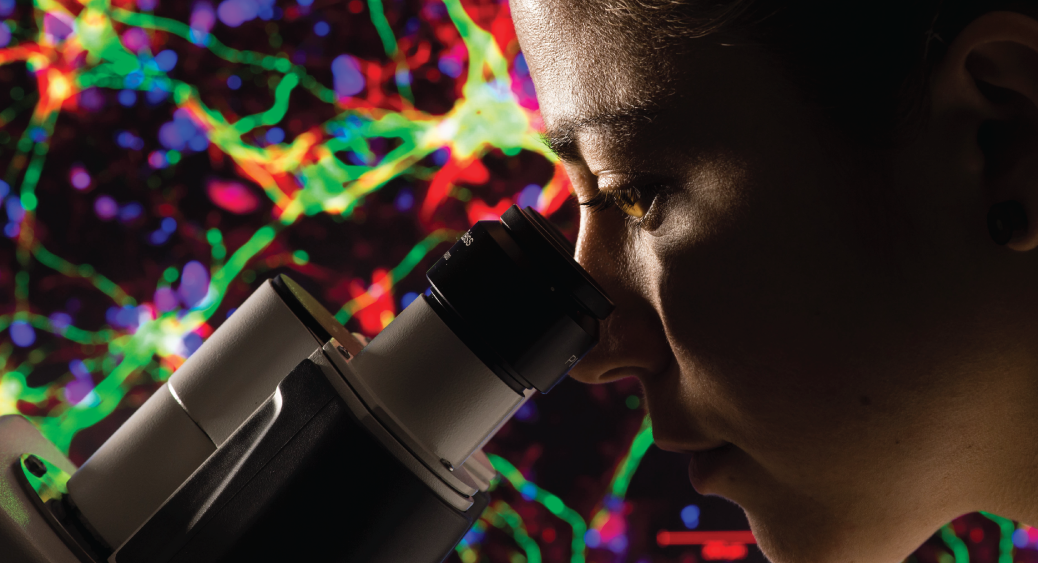
Moskovitz Gift Launches Women’s Brain Initiative
Brigham and Women’s Hospital (BWH) recently established the Women’s Brain Initiative (WBI) thanks to a generous gift of $5 million from Nancy and Richard Moskovitz. This large-scale effort, which combines research, education, and training, seeks to understand why women suffer disproportionally from certain chronic brain diseases like Alzheimer’s and major depression—and why they’re less susceptible to others, such as Parkinson’s.
Nancy and Richard have supported neuroscience research in the past and were impressed by the WBI’s potential to close a critical knowledge gap in women’s brain health.
“We’re confident the Women’s Brain Initiative will uncover valuable information and ultimately lead to new treatments that address sex differences,” says Nancy.
Overseen by Dennis J. Selkoe, MD, the WBI unites experts in the neurosciences and women’s health from BWH’s Program for Interdisciplinary Neurosciences, the Ann Romney Center for Neurologic Diseases (ARCND), and the Mary Horrigan Connors Center for Women’s Health and Gender Biology.
“The WBI’s collaborative approach will set the stage for new discoveries. It will help bring the levels of both scientific focus and clinical attention on women’s neuropsychiatric disorders up to the levels that society has long afforded men.” —Dennis J. Selkoe, MD
Richard notes, “Nancy and I have been impressed with the accomplishments of Dr. Selkoe’s team on the Deep Phenotyping Project in Alzheimer’s research in just a few short years, and we anticipate dynamic developments in the study of gender differences in the hands of this talented group.”
The Moskovitzs’ gift is funding studies to better understand gender differences in Parkinson’s disease and multiple sclerosis, neurocognitive changes in obesity, and cognitive impairment in women with depression. It also supports additional research projects, educational events, and a fellowship program.
“Nancy and Richard’s tremendous gift communicates how vital it is to use a sex and gender lens to understand brain health and disease,” says Hadine Joffe, MD, MSc, executive director of BWH’s Mary Horrigan Connors Center for Women’s Health and Gender Biology. “There’s so much to learn about brain differences between men and women, and why certain conditions affect women differentially or preferentially. With their generosity, we can cultivate a cadre of talented researchers to focus on this important work.”